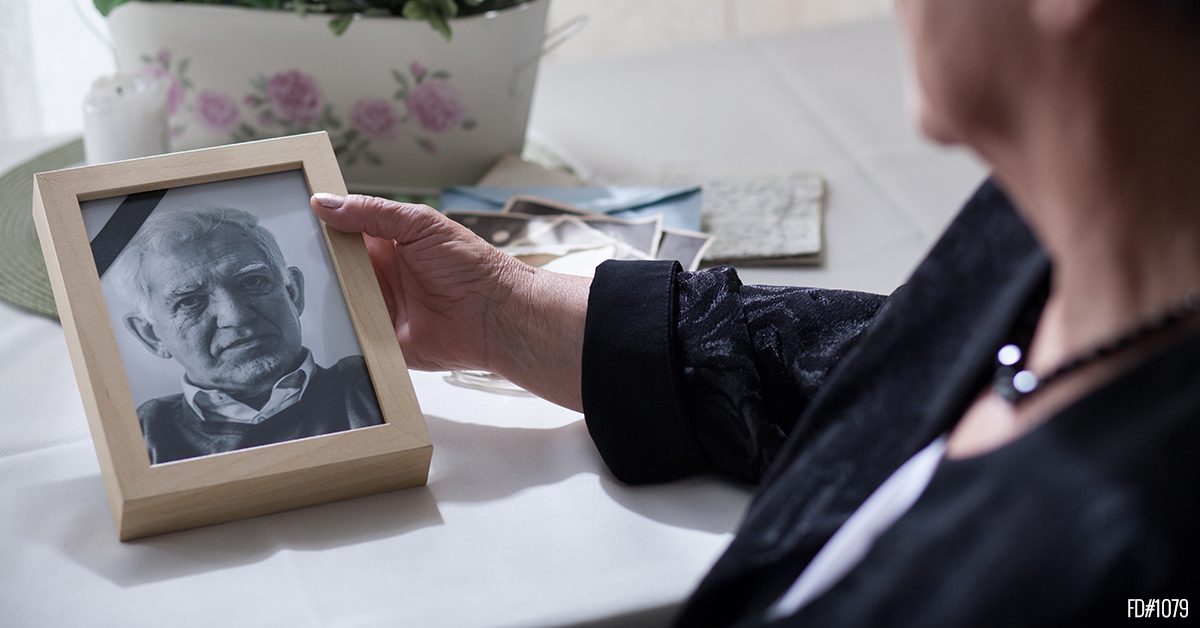Grief isn’t always related to death. Receiving a serious diagnosis, whether it’s your own or a loved one’s, can induce a wave of grief that can be difficult to face. You may even be surprised by how intensely sad or angry you feel after receiving significant medical news. This is an understandable reaction, and at Sunset View Cemetery & Mortuary, we support our neighbors in Oakland, Pinole, and Piedmont through all the stages of grief.
Here are some things to expect when you’re processing the grief of a diagnosis:
Initially denying or ignoring the diagnosis is normal.
 Perhaps you stashed the medical paperwork you received from the doctor in a drawer. Maybe you’ve been avoiding telling important people in your life about the diagnosis. These are common behaviors after receiving life-changing news. Give yourself a few days to decompress before you try to acknowledge your symptoms and plan for treatment. Reach out to your healthcare provider or a trusted friend or family member for support during this stressful time.
Perhaps you stashed the medical paperwork you received from the doctor in a drawer. Maybe you’ve been avoiding telling important people in your life about the diagnosis. These are common behaviors after receiving life-changing news. Give yourself a few days to decompress before you try to acknowledge your symptoms and plan for treatment. Reach out to your healthcare provider or a trusted friend or family member for support during this stressful time.
You may feel anger toward yourself, the medical community, or the world.
When we don’t want to face the deeper emotions associated with grief like sadness and fear, we may lash out at ourselves. Try to find healthy ways to release this anger, whether that’s through physical exercise or talking through your emotions with a mental health counselor. The intensity of your anger should subside over time as you move toward accepting the reality of your diagnosis.
Depression may leave you feeling hopeless about seeking treatment.
The sadness that sets in after receiving a medical diagnosis can have you wondering whether or not you should even seek treatment for the illness. Moving through depression can feel impossible at times. Make an appointment to speak with a trusted therapist or enlist a family member’s help, as it may not be easy to advocate for your health when you’re in this emotional state.
You can’t negotiate your way to better health.
Sometimes things in life are out of our control. We can’t change a serious medical condition by bargaining with healthcare providers or a higher power. It’s impossible to know if a diagnosis would be different if you’d eaten less salt or exercised more. You can’t change the past so try to focus on making healthy decisions in the present and looking to the future when you may move past this condition.
Acceptance takes time.
Accepting the reality of your situation does not mean giving up or refusing to pursue promising treatment options. It means maintaining a level head about the events of life and doing your best to respond to them. Remember that there’s no need to rush to accept a painful occurrence in your life. This takes time and may happen gradually, day by day, so try to be patient and surround yourself with a supportive community in the meantime.

 Send Flowers
Send Flowers

No Responses to “ Processing the Grief of a Diagnosis ”